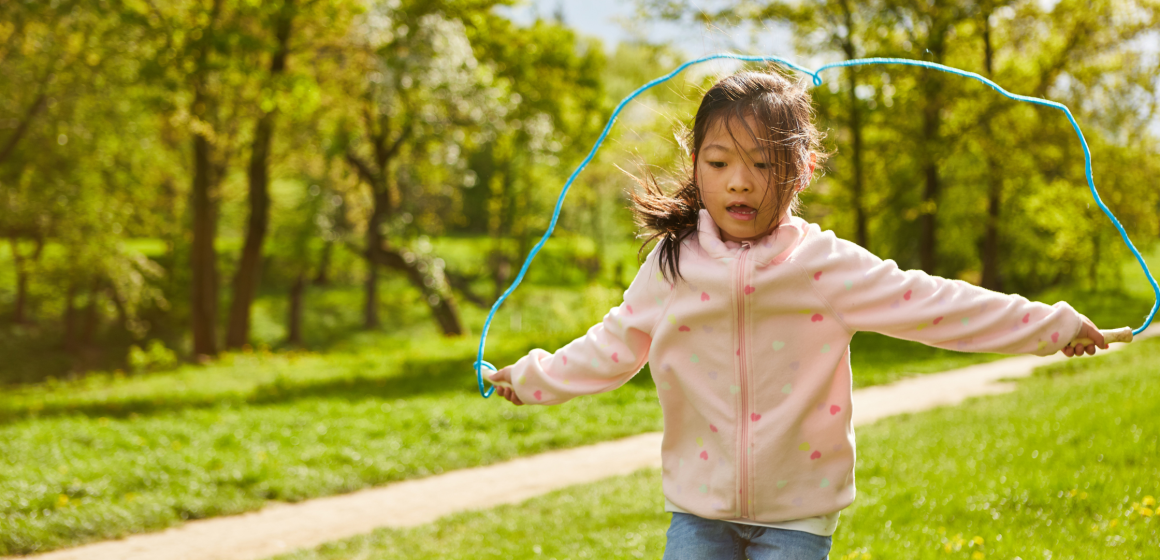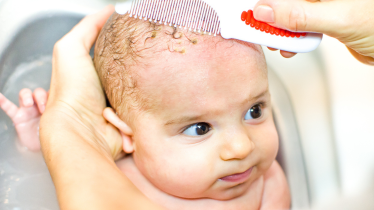Regular exercise is essential for children’s growth, development, and overall well-being. Physical activity helps children build strong muscles and bones, maintain a healthy weight, and develop healthy habits that can last a lifetime. Beyond the physical benefits, regular exercise also plays a crucial role in boosting mental health, enhancing social skills, and improving academic performance. Here’s why regular exercise is so important for children and how you can encourage your child to stay active.
Physical Health Benefits of Regular Exercise
Exercise offers numerous physical health benefits for children, laying the foundation for a healthy future. According to the Centers for Disease Control and Prevention (CDC), children and adolescents should get at least 60 minutes of moderate to vigorous physical activity every day.
1. Improved Cardiovascular Health
- Stronger Heart and Lungs: Regular aerobic activities, such as running, swimming, or cycling, strengthen the heart and lungs, improving cardiovascular endurance. This reduces the risk of heart disease and other chronic conditions later in life.
2. Healthy Weight Management
- Preventing Obesity: Exercise helps children burn calories and maintain a healthy weight. Physical activity also helps regulate metabolism and reduce the risk of obesity-related health problems, such as type 2 diabetes.
3. Stronger Muscles and Bones
- Building Strength: Activities like climbing, jumping, and playing sports help build strong muscles and bones. Weight-bearing exercises, in particular, are essential for bone density, which is crucial for preventing conditions like osteoporosis in the future.
4. Enhanced Motor Skills
- Coordination and Balance: Exercise helps children develop coordination, balance, and fine motor skills. Activities like playing catch, riding a bike, or dancing require these skills and help improve overall physical dexterity.
Mental and Emotional Benefits of Exercise
In addition to physical health, regular exercise also contributes significantly to a child’s mental and emotional well-being. The positive effects of physical activity on mood, stress levels, and cognitive function are well-documented.
1. Improved Mood and Reduced Anxiety
- Endorphin Boost: Exercise triggers the release of endorphins, the body’s natural mood enhancers, which can help reduce feelings of anxiety and depression. Children who engage in regular physical activity often experience better emotional regulation and reduced stress levels.
2. Enhanced Cognitive Function
- Better Focus and Concentration: Physical activity has been shown to improve cognitive function, leading to better focus, concentration, and memory. This can translate to improved academic performance and a greater ability to learn.
3. Increased Self-Esteem and Confidence
- Achievement and Mastery: Successfully learning a new sport or achieving a personal fitness goal can boost a child’s self-esteem and confidence. Regular exercise provides opportunities for children to set and achieve goals, which contributes to a positive self-image.
Social Benefits of Regular Exercise
Exercise also plays a vital role in a child’s social development. Participating in physical activities, whether in a team sport or a group exercise class, helps children develop essential social skills and build relationships.
1. Teamwork and Cooperation
- Learning to Work Together: Team sports and group activities teach children the value of teamwork and cooperation. These experiences help them develop communication skills, empathy, and the ability to work effectively with others.
2. Making Friends
- Social Interaction: Regular participation in physical activities provides opportunities for children to meet and interact with peers. This social interaction can lead to new friendships and a sense of belonging.
3. Leadership Skills
- Developing Leadership: Many physical activities, especially team sports, offer opportunities for children to take on leadership roles, whether by captaining a team or mentoring younger peers. These experiences help build leadership skills and confidence.
Encouraging Regular Exercise in Children
Encouraging your child to be active doesn’t have to be a challenge. Here are some practical tips to help your child enjoy regular exercise:
1. Make Exercise Fun
- Find Activities They Enjoy: The key to getting children to exercise regularly is to make it enjoyable. Find activities your child loves, whether it’s playing soccer, dancing, swimming, or simply playing at the park. When exercise is fun, it doesn’t feel like a chore.
2. Incorporate Physical Activity into Daily Routines
- Active Lifestyle: Encourage walking or biking to school, playing outside after homework, or doing family activities like hiking or playing a game of catch. Making physical activity a regular part of daily life helps establish healthy habits.
3. Limit Screen Time
- Reduce Sedentary Behavior: Limit the amount of time your child spends in front of screens, including TV, computers, and video games. Encourage them to spend that time being physically active instead.
4. Set a Positive Example
- Be a Role Model: Children are more likely to be active if they see their parents leading an active lifestyle. Participate in physical activities as a family, and show your child that exercise is a priority for your health and well-being.
5. Encourage Participation in Sports
- Join a Team: Encourage your child to join a sports team or take up a physical hobby like martial arts, gymnastics, or dance. Organized sports and activities not only promote regular exercise but also teach valuable life skills like discipline, perseverance, and teamwork.
Trusted Resources for Parents
For more information on the benefits of regular exercise for children and how to encourage physical activity, visit the American Academy of Pediatrics (AAP) and the Centers for Disease Control and Prevention (CDC). These organizations provide valuable resources and guidelines to help parents promote physical health and well-being in their children.
Conclusion
Regular exercise is essential for promoting the physical, mental, and social well-being of children. By encouraging your child to be active and making exercise a fun and regular part of their routine, you can help them develop healthy habits that will benefit them for a lifetime. Start today by finding activities your child enjoys and making physical activity a priority in your family’s daily life.












